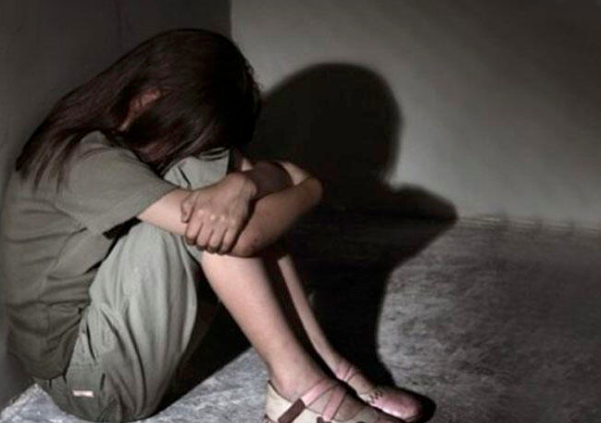Physical Punishment is Harsher Than Mental Punishment
By Alkesh Patel LPC, CSAC
Growing up as an Asian American born in India, I experienced both physical and mental punishment as a disciplining technique. It was normal and part of the culture. While its goal was to correct behavior, I believe that it did much more than that. It causes damage to the children who experience it because, in an effort to correct them, it didn’t achieve its goal.
In fact, we know from psychology experts today that both physical and mental punishment is damaging. However, I believe that mental and emotional abuse leaves longer-lasting scars on children. My goal of sharing my perspective on this topic is to raise awareness. My experience with this topic has impacted me, and I want to serve as a protector and supporter of the youth in this country. By moving away from both physical and mental punishment as a way to correct and discipline, we provide a glimmer of hope for the future. The next generation will be different.
How physical punishment impact children
Physical punishment has been shown to seriously impact the mental health of children. Yet, while approximately 50 percent of families use physical punishment to discipline children, these actions ultimately impact the child’s behavior in adverse ways. It results in increased delinquency, antisocial behavior, and aggression in children.
It may also affect a child’s capacity to internalize acceptable social behavior or affect their mental health. In fact, children who are subjected to physical punishment are more likely to become adults who abuse their spouse or children. Seeing this behavior modeled for them under the guise of “discipline” causes them to replicate it in inappropriate ways moving forward.
How mental and emotional abuse impacts children
Mental and emotional abuse is serious and can come in numerous forms. From a parent to a child, it may include yelling, name-calling, invading privacy, trying to control your life, isolating you from friends or family or making threats. The short-term effects of this act are often fear, shame, confusion, and hopelessness. Long-term effects – which can often be detrimental – are guilt, chronic pain, anxiety, loneliness, social withdrawal, and anxiety.
Providing hope for today’s youth
While the scars of physical and mental abuse can be long-lasting, we can break this chain by protecting our own children from this type of “discipline.” Punishment doesn’t have to be physical or mental. It can be a supportive redirection to make better choices. Physical and mental punishment is a serious health problem because it’s violence against children. The correction of behavior doesn’t need to be violent.



